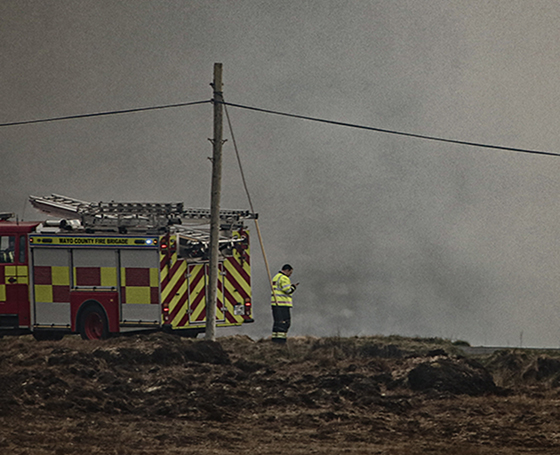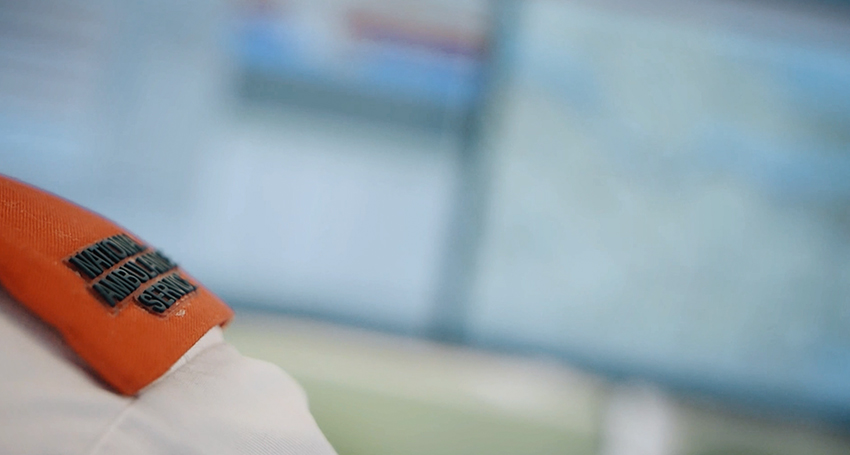BACKGROUND
Similar to other Government agencies, the Prison Service used an analogue communications system. Each prison had its own autonomous system, separate from other institutions and consequently, incapable of communicating across the prison estate.
Many of these on-site systems also differed from one another ranging from straightforward analogue to more advanced trunked systems. All personnel working in a particular facility communicated through the radio network with no facility for one to one private calling. This system was prone to interference and unauthorised eavesdropping. It also did not allow for inter communication with prison escort services while outside the prison itself or with An Garda Síochaná when required.
![]()
60+
Vehicles Fitted with TETRA
![]()
100%
Prison Coverage at All Prisons
![]()
1
Specially Design Training Programme

Migration Planning to Tetra
The Irish Prison Service became part of the NDRS Programme Board together with An Garda Síochaná, HSE, Fire and Revenue. The specification for system and hardware requirements was driven by the Prison Service, working collaboratively with TETRA Ireland, to create a bespoke system. Key deliverables included the availability of varied levels of group calling, the ability to private call and the freedom to use the system outside of the environs of the prison.
This was needed particularly for communication with PSEC, the Prisons Service Escort Corps when transporting prisoners. The development of talk-group fleet mapping was tailored individually according to the protocol set out by each prison facility. With the development of these fleet maps, prison personnel would have access to relevant radio conversations, free of unnecessary voice traffic. It would also give them access to speak privately to another radio user if needed. Further to approvals on radio terminal selection audio accessories and the guidelines to use, migration could begin on a phased basis.
Integration
Due to the high security and time-sensitive nature of Irish Prison Service Escort Corps (PSEC) services, integration into each prison's communications network was a high priority. Over 60 vehicles were simultaneously fitted with a TETRA hand portable unit to allow full inter-agency communication and improve efficiency.
Coverage
Network coverage is unrivalled with 100% coverage of all prison buildings and 99% geographical coverage nationwide. Additionally, call quality is improved with the removal of all call static and background noise. With one touch, prison officers can now alert the Prison Control Room to dispatch immediate assistance if needed.
Training
TETRA Ireland and the Irish Prison Service worked collaboratively to devise a specially designed training programme to educate Prison trainers. These ‘Train the Trainer’ courses were held 4 weeks ahead of each institution’s migration to the NDRS so instruction could be managed by each prison itself.
THE RESULT
An encrypted, resilient digital radio service that provides full, specified, in-building and national coverage to communicate in groups, privately or off-net or to inter-operate with partnering agencies as required.
"Previous communication was on an individual prison basis and only one to one with ranked prison officers. With TETRA, prisons now have secure, direct inter-prison contact nationwide between officers, vehicles and specialist units."
John Farrell - Deputy Campus Governor of the West Dublin Campus



